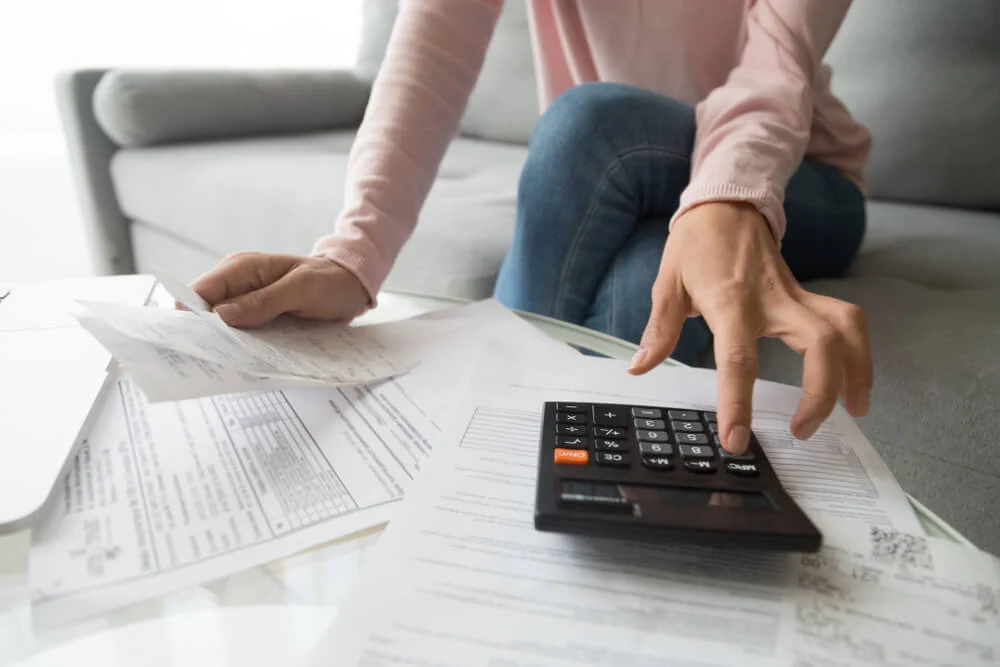When you live for rent or have a rented property, situations arise that can cause irritation and doubts, both in the owner and the tenant. For example, does the owner have to pay for the repair or a new one if the refrigerator breaks?
The main thing you must all be clear about is that these types of expenses can be specified in the lease. You can determine who must bear certain expenses during the duration of the contract itself.
Home insurance for rented homes
The most practical thing in the home is to have home insurance that helps you manage damages or incidents quickly and safely.
In addition, there are all kinds of coverage such as computer assistance, locksmith and emergency electricity, glass breakage, ceramic hobs and sanitary ware, etc. In this way, even if the damage was caused by the tenant, having insurance will provide you with a quick repair and make everyone happy.
Rental agreement: always in writing
If a property is rented, it is better to write the contract because it is easier to prove that the rental contract exists. If you don’t have a written contract, the rent is worth the same, but it is more difficult to prove it.
Who should pay the extraordinary expenses?
Under the Rental Law, the tenant only has to pay the expenses that are repeated every month, the usual ones (electricity, manager’s salary, cleaning).
Expenses that are not repeated every month are extraordinary, for example, general repairs, change of fire extinguishers, elevator repairs, building repairs, etc. No matter how they are discriminated against at the expense, they are obligations of the owners.
Payments assumed by the owner
Community
The community expenses are the periodic quota assigned to each owner whose objective is to guarantee the correct functioning of the general supplies and the maintenance of the common areas of a building or community enclosure, as well as to pay the expenses of the heating if it is central. The payment of the community of owners is, clearly, the responsibility of the owner. If the tenant accepts, it is possible that they will also pay these expenses.
Expenses for breakdowns and repairs
One of the most controversial points is usually to distinguish who pays for breakdowns and repairs. As a general rule, the lessor is obliged to make all the expenses for repairs and breakdowns necessary to keep the home in a habitable condition. That is to say: expenses on the boiler, heating, electrical installation, and plumbing are borne by the owner because they are essential elements so that the apartment can be inhabited.
Where the line begins to blur is in spending on minor repairs. Here the rule that must be remembered is: the owner will bear the costs of repairs that are of a high cost and that are typical of the wear and tear of the property and not the fault of the tenant. For example, if the oven breaks but because it was already ten years old and not because the tenant broke the door or left it on for days, then that repair or replacement cost will be the responsibility of the owner. On the other hand, if it is shown that the tenant broke the oven, it will be borne by the tenant.
Expenses assumed by the tenant
Supplies (electricity, water, gas, internet, telephone…)
Anything that involves an individual expense will be assumed by the tenant. That is, the bills will be paid by him and not the owner.
Works that do not modify the configuration of the home
In reference to the previous section, if works have to be done to maintain the home or the tenant wants to paint the house, the money will come out of their pocket (as long as they ask the owner for permission beforehand). In the case of painting, the landlord would normally have to pay for it if the reason for the expense is that it has suffered damage due to the passage of time.
In the end, in both cases, everything depends on the relationship between the two. Perhaps the landlord prefers to bear all the expenses because he believes that the tenant cares about maintaining the property and has never caused problems, or the tenant may prefer to assume them because he has lived there for a long time.
On the other hand, the tenant must always leave the property as he found it, so if during his stay he breaks any furniture or the ceilings of the bathroom fill with mold, he will have to take care of it himself).
Arrangements are at the owner’s expense.
The law establishes that the owner must be responsible for any repair of the property as long as it is not the responsibility of the tenant. In addition, it specifies that in the event that the landlord does not respond or refuses to carry out an urgent repair, the tenant can carry it out by himself and at the landlord’s expense after 24 hours of notification. This means that when the bathroom backpack breaks or the water heater does not work, the tenant must call the landlord to take care of the repair, but in the event that he does not respond, it is the tenant’s power to make the repair and then pass on the expense.
If the repairs are not urgent, the landlord has a resonable timeframe to carry them out. In both cases, the tenant can compensate the cost of the repairs that he has made with the rent payment.
How to deduct the rent from the income tax?
This idea is called negative gearing and rental income must be declared from all sources and entered in your tax return. This includes worldwide income if you are a tax resident for Australia.
You Can Read Also:
Why Should You Lodge An FBT Return?
Government Tax Cuts Extended: Best Choice





